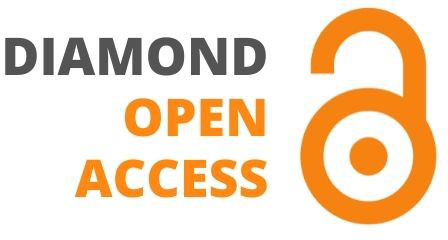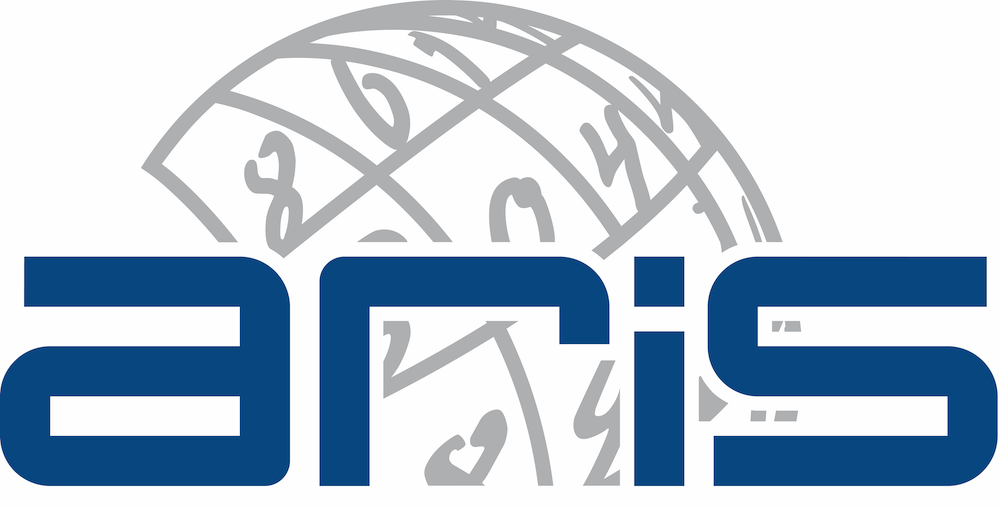Journal of Information Technology in Construction
ITcon Vol. 16, pg. 687-696, http://www.itcon.org/2011/40
A preliminary review on the legal implications of BIM and model ownership
| submitted: | August 2010 | |
| revised: | December 2010 | |
| published: | May 2011 | |
| editor(s): | Turk Ž | |
| authors: | Oluwole Alfred Olatunji,
School of Architecture and Built Environment, University of Newcastle, NSW 2308, Australia Oluwole.olatunji@newcastle.edu.au | |
| summary: | Building information modelling (BIM) promises some potentially radical benefits if adopted and correctly deployed on construction projects. However, significant literature evidence suggests that certain benefits of innovations such as BIM only become feasible and realizable when their legal frameworks are clear and implementable. Interestingly, existing legal frameworks for professional service delivery in architectural, engineering, construction and operations (AECO) industries are apparently biased to fragmented conventions than contemporary contractual risks in e-business. This, potentially, is a major concern against speedy adoption of BIM. Arguably, AECO industries have not remained static in the past years regarding the adoption of integrated technologies that enable creation and sharing of information across discipline boundaries. Moreover, integrated systems have a long history in construction which is not limited to BIM - there are other software applications that are being deployed to service integrated innovations and multidisciplinary business systems. Whilst the industry still struggles to improve on the speed of adopting and deploying these innovative technologies, the herculean task is how to create workable legal frameworks that will service the potential benefits being proposed in BIM. Some variables of contractual risks in changing technologies have been conceptualized in some recent studies; with recommendations on some useful modifications to conventional legal frameworks in e-contracting, which are not yet very definitive at present. This article reviews scholarly perspectives regarding legal implication of BIM adoption: ownership and control of BIM models, potential revolution in standard of care as a reaction to changes in processes and practices that are driven by past technologies. Professional liabilities in electronic and integrated project delivery systems are also discussed. In the end, conclusions are drawn on potential benefits of resolving these challenges. | |
| keywords: | building information modelling, contractual risks, duty of care, e-business, professional liability. | |
| full text: | (PDF file, 0.342 MB) | |
| citation: | Olatunji O A (2011). A preliminary review on the legal implications of BIM and model ownership. Journal of Information Technology in Construction (ITcon), 16, Special issue Innovation in Construction e-Business, 687-696. https://www.itcon.org/2011/40 |





